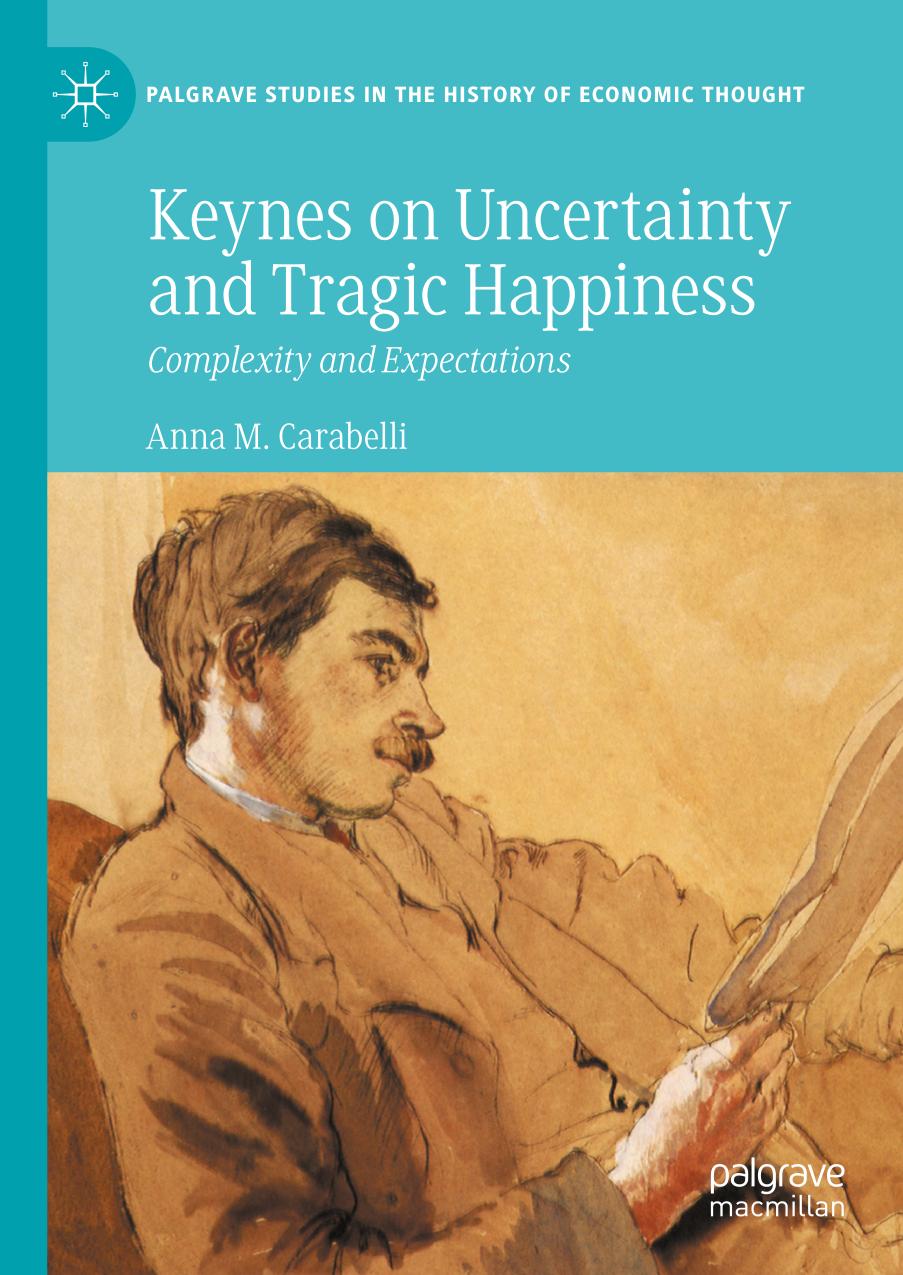

Most ebook files are in PDF format, so you can easily read them using various software such as Foxit Reader or directly on the Google Chrome browser.
Some ebook files are released by publishers in other formats such as .awz, .mobi, .epub, .fb2, etc. You may need to install specific software to read these formats on mobile/PC, such as Calibre.
Please read the tutorial at this link: https://ebookbell.com/faq
We offer FREE conversion to the popular formats you request; however, this may take some time. Therefore, right after payment, please email us, and we will try to provide the service as quickly as possible.
For some exceptional file formats or broken links (if any), please refrain from opening any disputes. Instead, email us first, and we will try to assist within a maximum of 6 hours.
EbookBell Team

4.8
74 reviewsMost economists who read the General Theory candidly admitted that they could not understand the theoretical apparatus and found it easy to recast it in traditional terms. This book provides a masterful guide to the generally unrecognized methodological revolution that supported the new theoretical concepts -- a veritable lodestone that complements and expands understanding on the treatment of the economic magnitudes appropriate to the ideal of generality in the social sciences, to the applicability of probability, to the formulation of decision-making under uncertainty, and the foundations of economic policy in interdependent economic systems. _Jan Kregel, Levy Economics Institute
Anna Carabelli sets out Keynes’s understanding of economics as a way of thinking, encompassing method and morals, rather than as a doctrine. She does so with her customary admirable scholarship and also her willingness to take controversial positions. I commend the volume most highly to Keynes scholars as a drawing-together and development of the themes that Carabelli has pursued since the publication of her 1988 classic, On Keynes’s Method. Further Keynes’s approach was designed to be applied to different contexts, so I enthusiastically recommend the volume also as a foundation and guide for anyone open to such a ‘new way of reasoning in economics’ for the modern era. _Sheila Dow, University of Stirling
This book examines the philosophy and methodology of Keynes, highlighting its novelty and how it presented a new form of economic reasoning. Exploring Keynes’s use of non-demonstrative logic, based on probability, commonalities are found in his economics, ethics, aesthetics, and international relations. Insights are provided into his reasoning and his approach to uncertainty, rationality, measurability of complex magnitudes, moral and rational dilemmas, and irreducible conflicts.
This book investigates methodological continuity within Keynes’s work, in particular in relation to uncertainty, complexity, incommensurability, happiness and openness. It will be relevant to students and researchers interested in Keynes, probability, ambiguity, ethics and the history of economic thought.